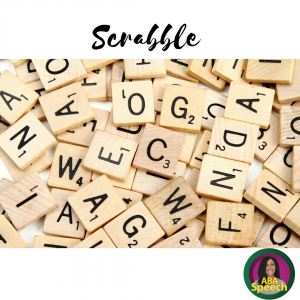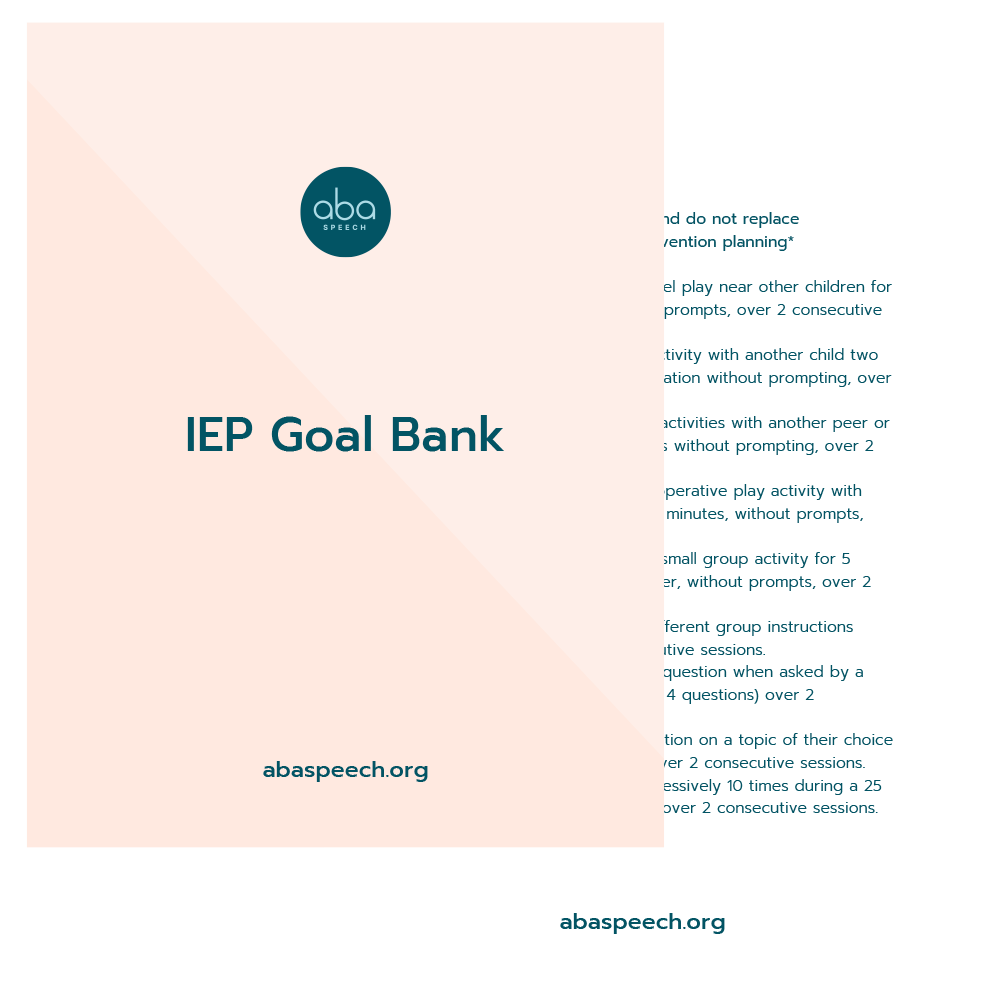As speech-language pathologists, we treat students with complex communication needs, as well as conversational and social skill issues. Using play and leisure skills to enhance language instruction can be a fun and functional way to address a variety of skills.
I work in a middle school, so hosting a weekly leisure and social skills group is a must! In the first part of this group, we practice conversation skills. Most students work on using appropriate comments and asking follow-up questions during conversation. After our conversation, we may work on a variety of other skills. I always try to end each session with a modified leisure activity! Here are some activities that are fun and lend themselves to working on social language skills.
Here are some modified games that students seem to really like:
· Uno—Most kids love to play Uno, but can get confused by the special cards. Based on the student’s skill level, there are two ways to modify the game. One way involves taking out all of the special cards (reverse, skip, draw two, wild) The other way includes putting one card from each color set face up in a row ( green, blue, red, yellow). The students pick a card from the main pile and match it to the correct card.
· Scrabble—I let students create words anywhere on the game board. The words don’t have to intersect or even touch. If the student is having a hard time coming up with a word on their own, I write a word on a dry erase board. They gather the letters and create that word anywhere on the board.
· Yahtzee—We modify this game by rolling in numerical sequence per round. During round one, everyone rolls for ones, and so on. We roll until we all complete the top section of our scorecards—one through six.
· The Grocery Store Game—This game lets students practice coming up with words. I write the alphabet on the board, and we take turns saying a grocery item matching the letter. For example, “I went to the store, and I bought apples, I went to the store, and I bought a banana,” and so on. If a student struggles to think of a word, I give them a visual clue. So if they are on the letter s and can not think of a word, I may have a picture of a strawberry. This visual will act as a prompt to help them play the game with ease.
Working on leisure is fun and functional for our students. Students can generalize these skills to the home environment and play with siblings and family members. What a joy!!
I have put together a modified leisure packet for you to print out. This is great to keep in your therapy room to act as a guide. Let’s make leisure fun for all!
Download the leisure guide
Upper Elementary - High School Leisure Guide


0 Comments